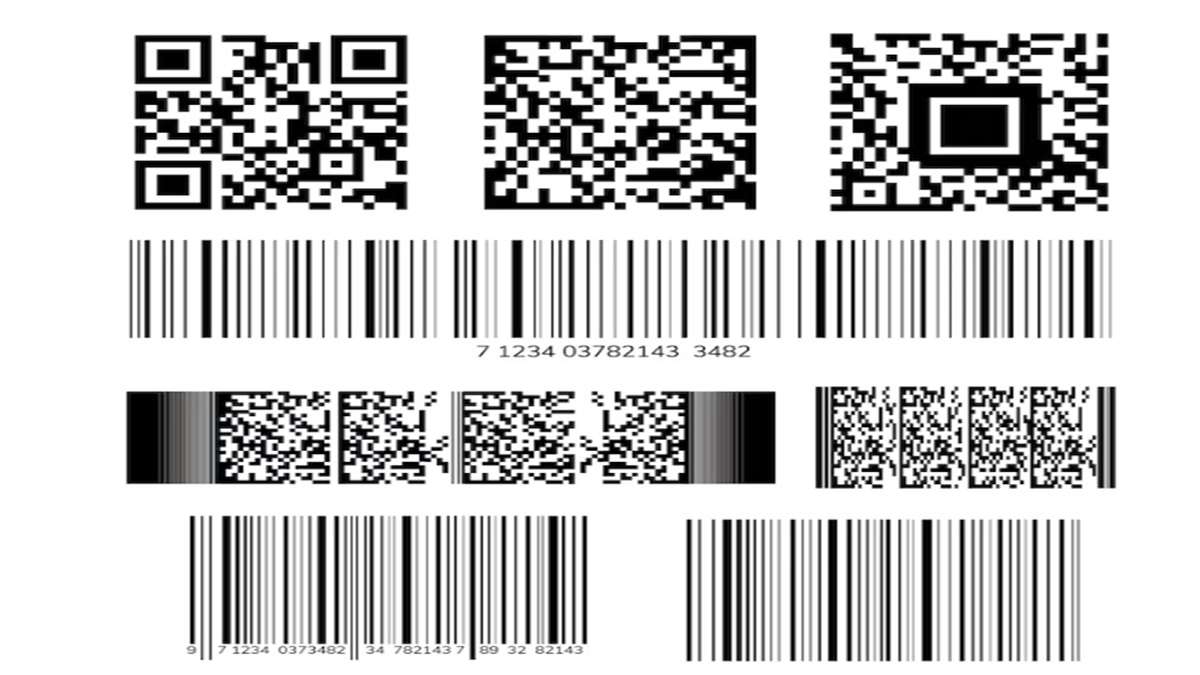QR Code Scam: What is it? Read 5 tips to safeguard yourself
QR Code Scams: QR code scams are not new. In 2021, such fraud came to light when Delhi Chief Minister Arvind Kejriwal’s daughter Harshita was duped of Rs 34,000 by a man on an e-commerce platform where she had listed a sofa on sale. Of late, several such QR code scams have been making headlines where people are duped of lakh rupees by scammers. In this article, let’s understand how QR code scams work and tips which can protect you and your money.
What is a QR code scam?
When people deceive individuals and gain unauthorized access to personal information or financial accounts with the use of Quick Response (QR) codes is known as a QR code scam. For the unversed, QR codes are two-dimensional barcodes that can be scanned using a smartphone or QR code reader to quickly access information or websites.
QR code scam: How does it work?
Fraudsters send a QR code to the individual through WhatsApp or other platforms and ask them to scan the code to confirm that they are sending it to the correct bank account. To win people’s trust, the fraudsters also make small payments to the victims. Then they (scammers) send a QR code and ask their victims to scan it to get the remaining amount. When the victim scans the QR code, the scammers typically prompt them to enter the desired amount for a transaction. Unfortunately, it doesn’t stop there – they go a step further by requesting the victim to input sensitive information like their OTP (One-Time Password) or UPI (Unified Payments Interface) pin.
Adding another layer of deception, scammers sometimes tamper with existing QR codes. They may paste their fraudulent QR code over a legitimate one, especially in places like shops or petrol pumps where QR codes are commonly displayed for payment purposes.
QR code scams: Tips to safeguard yourself
- One needs to understand that QR codes are designed for sending money, not receiving it. If someone claims you’ll receive money by scanning a QR code, it’s likely a scam.
- When making payments at public places, take the initiative to ask the vendor which specific QR code to use for payment. Some vendors may have multiple QR codes displayed, and while most are legitimate, there’s a risk of encountering fake ones.
- In online marketplace transactions, be cautious about scanning any QR codes unless you’re actively making a purchase. Whenever possible, opt for cash transactions to minimize risks.
- If, unfortunately, you fall victim to a QR code scam, contact your bank immediately and report the fraudulent transaction. If you suspect that the scammer gained access to your bank account, request a temporary block on your account for added security.
Latest Technology News

QR Code Scams: QR code scams are not new. In 2021, such fraud came to light when Delhi Chief Minister Arvind Kejriwal’s daughter Harshita was duped of Rs 34,000 by a man on an e-commerce platform where she had listed a sofa on sale. Of late, several such QR code scams have been making headlines where people are duped of lakh rupees by scammers. In this article, let’s understand how QR code scams work and tips which can protect you and your money.
What is a QR code scam?
When people deceive individuals and gain unauthorized access to personal information or financial accounts with the use of Quick Response (QR) codes is known as a QR code scam. For the unversed, QR codes are two-dimensional barcodes that can be scanned using a smartphone or QR code reader to quickly access information or websites.
QR code scam: How does it work?
Fraudsters send a QR code to the individual through WhatsApp or other platforms and ask them to scan the code to confirm that they are sending it to the correct bank account. To win people’s trust, the fraudsters also make small payments to the victims. Then they (scammers) send a QR code and ask their victims to scan it to get the remaining amount. When the victim scans the QR code, the scammers typically prompt them to enter the desired amount for a transaction. Unfortunately, it doesn’t stop there – they go a step further by requesting the victim to input sensitive information like their OTP (One-Time Password) or UPI (Unified Payments Interface) pin.
Adding another layer of deception, scammers sometimes tamper with existing QR codes. They may paste their fraudulent QR code over a legitimate one, especially in places like shops or petrol pumps where QR codes are commonly displayed for payment purposes.
QR code scams: Tips to safeguard yourself
- One needs to understand that QR codes are designed for sending money, not receiving it. If someone claims you’ll receive money by scanning a QR code, it’s likely a scam.
- When making payments at public places, take the initiative to ask the vendor which specific QR code to use for payment. Some vendors may have multiple QR codes displayed, and while most are legitimate, there’s a risk of encountering fake ones.
- In online marketplace transactions, be cautious about scanning any QR codes unless you’re actively making a purchase. Whenever possible, opt for cash transactions to minimize risks.
- If, unfortunately, you fall victim to a QR code scam, contact your bank immediately and report the fraudulent transaction. If you suspect that the scammer gained access to your bank account, request a temporary block on your account for added security.
Latest Technology News
